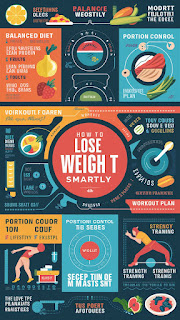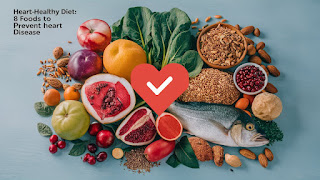How to Start Clean Eating for Beginners and Families
How to Start Clean Eating for Beginners and Families
Starting to eat clean can be a great way to improve your health and overall well-being. Here are some tips for beginners and families to get started:
- Begin by getting rid of processed and packaged foods in your pantry and fridge. These tend to be high in added sugars, unhealthy fats, and preservatives.
- Replace these foods with whole, unprocessed foods such as fruits, vegetables, whole grains, and lean proteins. These can include things like fresh produce, whole grain pasta, brown rice, beans, and chicken or fish.
- Make a shopping list and plan your meals in advance. This can help you make healthier choices and avoid impulse purchases.
- Don’t be afraid to try new foods and flavors. Eating clean doesn’t have to be boring! Experiment with different herbs and spices to add flavor to your meals.
- Get the whole family involved. Invite everyone to help plan meals, shop for ingredients, and prepare meals together. This can be a fun and rewarding experience for everyone.
- Be patient with yourself. Changing your eating habits can be challenging, and it’s okay to slip up every once in a while. Just try to make healthy choices most of the time, and don’t get too discouraged if you have an off day
steps to take when starting to eat clean:
- Begin by gradually eliminating processed and packaged foods from your diet. These foods tend to be high in added sugars, unhealthy fats, and preservatives. Instead, focus on eating whole, unprocessed foods such as fruits, vegetables, whole grains, and lean proteins.
- Plan your meals in advance and make a shopping list. This can help you make healthier choices and avoid impulse purchases.
- Invite the whole family to get involved in the process. Everyone can help with meal planning, grocery shopping, and preparing meals together.
- Pay attention to portion sizes and try to eat smaller, more frequent meals to help maintain stable energy levels and prevent overeating.
- Drink plenty of water and aim for at least 25-30 grams of fiber per day by including plenty of fruits, vegetables, and whole grains in your diet.
- Choose healthy sources of fat and be mindful of added sugars. It’s okay to include fats in your diet, but be sure to choose healthy sources and pay attention to portion sizes.

.jpg)




